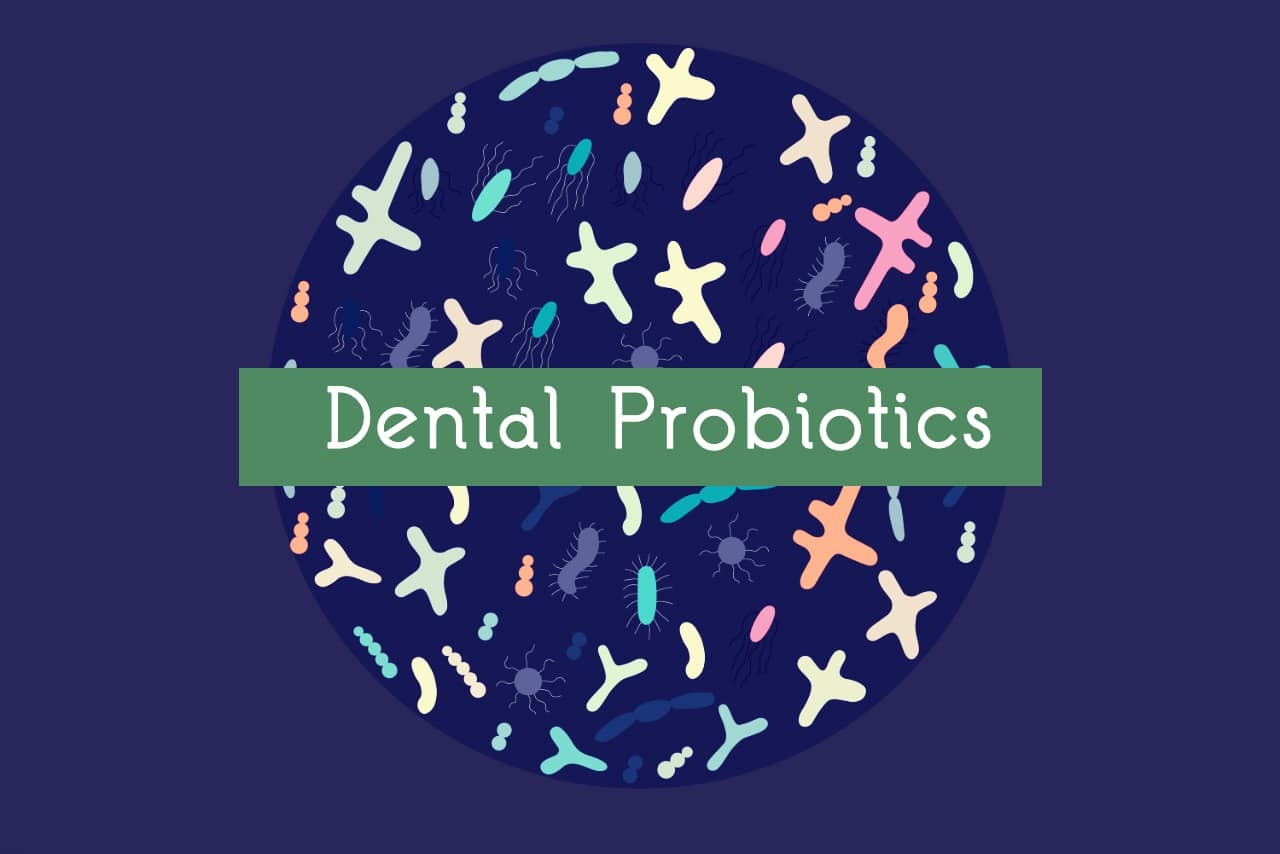When we hear the word probiotics, we usually think about how they benefit our digestive health. However, recent studies have shown they’re also beneficial for oral health. Although the U.S. Food and Drug Administration hasn’t yet approved oral probiotics, research is beginning to suggest that they may keep your mouth healthy. Here are some potential health benefits of oral probiotics.
1. Preventing Plaque and Tooth Decay
A “bad” type of bacteria, Streptocuccus mutans, turns sugar into lactic acid, creating an acidic environment that can lead to the development of plaque and cavities. One study found that A12, a “good” type of bacteria, stops the growth of S. mutans and prevents plaque from forming. In addition, Bifidobacterium in the digestive system has been found to prevent tooth decay, as it reduces the amount of strep bacteria in the mouth.
2. Managing Gingivitis Symptoms
Gingivitis, or gum disease, produces such symptoms as sensitive teeth and swollen, sore gums. One study involved more than 50 gingivitis patients who took either a Lactobacillus reuteri probiotic supplement or a placebo. Two weeks later, the patients who took the highest dosage of probiotics displayed fewer symptoms and had less plaque than those who took the placebo.
3. Decreasing Gum Disease Inflammation
One study found that patients who took supplements containing the bacteria Lactobacillus brevis experienced a decrease in oral inflammation. Another study showed that a daily regimen of probiotic milk reduced inflammation in the mouth.
4. Preventing Halitosis
Commonly known as bad breath, halitosis can result from “bad” bacteria in the mouth or gut. A study involving more than 20 patients who took either a supplement containing the probiotic Streptococcus salivarius or a placebo, along with an antimicrobial mouthwash for three days, showed that 85 percent of those who took the probiotic supplement had less “bad” bacteria in their mouths than those who took the placebo.
Probiotic Sources
You can choose to take probiotics either as food or as supplements. Such enriched or fermented foods as soft cheeses, milk, sourdough bread, sauerkraut, dill pickles and yogurt are excellent sources of probiotics. Because they’re not so concentrated as supplements, these foods are better sources of probiotics for those at high risk of infection.You can find concentrated sources of probiotics in pill or in powder form. Your doctor or dietician may recommend that you take prebiotics along with probiotics. Prebiotics help healthy probiotics develop and grow.
Probiotic Side Effects
A healthy person shouldn’t experience any side effects from probiotics. However, if your risk of infection is high from an autoimmune disease, you shouldn’t take oral probiotic supplements. In addition, children, pregnant women and the elderly should talk to a doctor before taking probiotics. Even if you’re healthy, it’s wise to consult with your doctor before taking any kind of supplements, and you should never take more than the recommended dosage of probiotics.
Ask Your Dentist
We are just beginning to understand how our gut biome affects our health, especially oral health. While the initial results and data have been encouraging, we advise that you speak to an oral health expert, before making significant changes to your dental routine. If you live in Austin, the team at Lakeway Cosmetic Dentistry can help determine your oral health needs with exams and specialized dental treatments.

